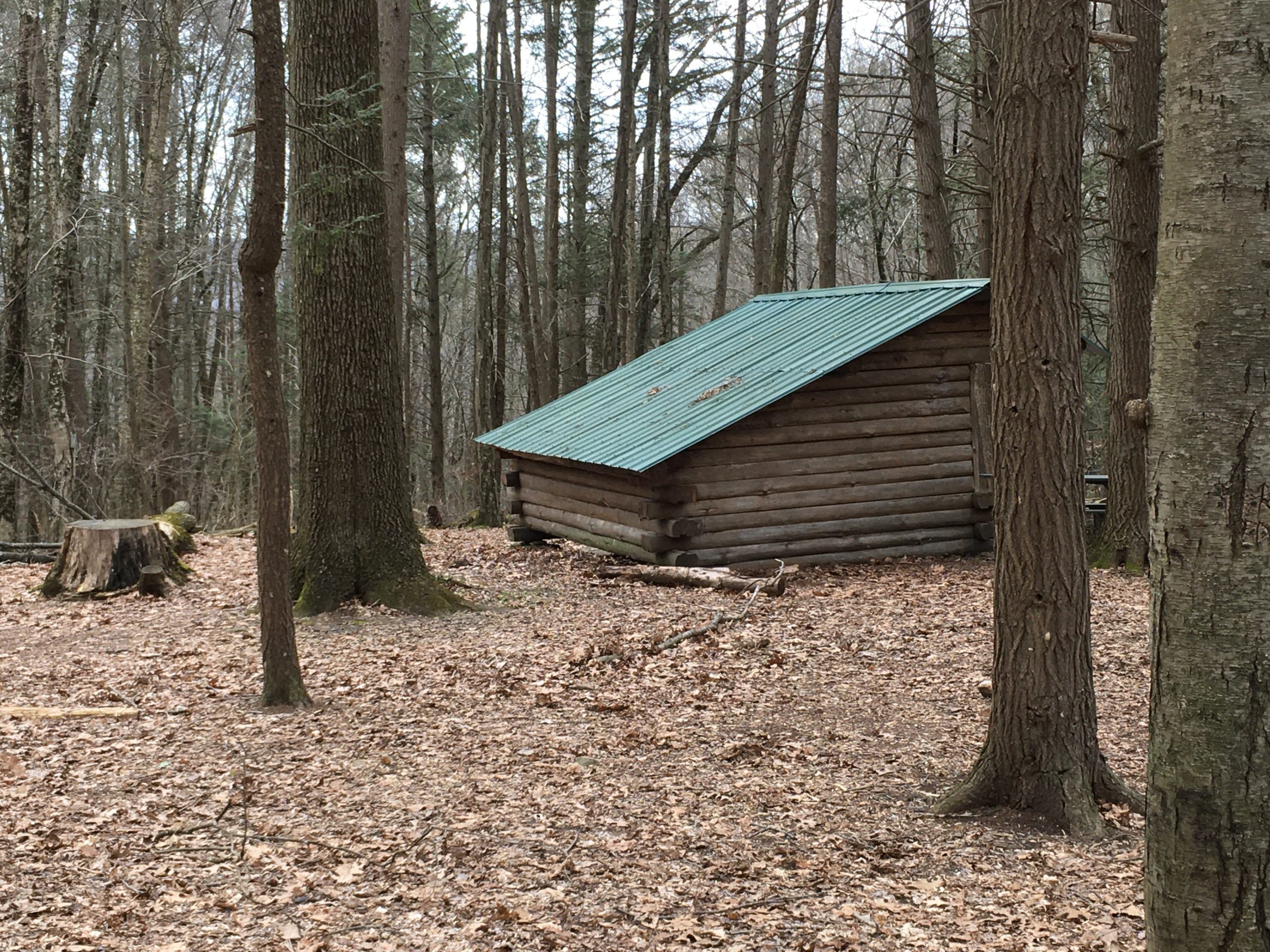Why is Everyone So Nice on the Appalachian Trail?
When writer Steven S. Drachman decided to spend three days on the Appalachian Trail in April, hiking alone, he didn’t expect much of his fellow humans. He was shocked to discover that, in many ways, the AT was the polar opposite of New York City, the place he calls home.
The Appalachian Trail was created by Benton MacKaye in 1921, and today extends from Springer Mountain in Georgia to Mount Katahdin in Maine. It is popular with all kinds of people, including “thru-hikers,” who attempt to hike the entire trail in one season. More than 3 million people visit the AT each year. In order to get by for many days on the trail, hikers need to be self-sufficient, carrying all of their food and supplies with them. This can be a daunting task, and in many cases, hikers will form small groups in order to share the load, and camaraderie sometimes form along the way. Many hikers say that the trail is a great leveler, and that everyone is on an even playing field, regardless of their age, gender or social status.

What Drachman found was that everyone he met on the trail was unfailingly polite and helpful, even to complete strangers. People went out of their way to offer him advice and assistance, and he never once felt in danger.
“People were incredibly friendly and helpful,” Drachman said of his time on the trail. “It felt like a community in the best sense of the word.”
This feeling of community is one of the things that stunned him.
“I expected people to be more self-centered and focused on their own hike,” he said. “But that wasn’t the case at all.”
One of the things Drachman, a novelist known for his Watt O’Hugh series, found most interesting was the way in which people left their worst behavior behind when they hit the trail.
“It was like everyone had made a conscious decision to be different. It’s like human nature changed out there,” he said. “Not only did I not have a single negative interaction during the entire trip, I didn’t even have a neutral one. It’s as though people might actually be … good.”
One reason for this may be that the people who undertake long hikes are self-selected for friendliness. But Drachman also believes there’s something about being in nature that encourages hikers to drop their worst behavior.
“I think it has to do with the fact that when you’re out in nature, you’re confronted with your own mortality,” he said. “You realize how small and insignificant you are in the grand scheme of things, and that encourages humility.”
There are plenty of stories of trail magic (random acts of kindness) and selflessness among strangers. But it’s clear that there’s something special about the trail that brings out the best in people.
It might also be something instinctual; humans evolved to be tribal, which encourages cooperation. Eons ago, if one member of the tribe were to fall, we would all fall.
But modern life (and capitalism) encourages individuality over cooperation.
When you’re back in nature, on the other hand, it’s clear that we’re all in this together. For example, if you see someone struggling up a hill, your first instinct is to help them. And if you see something more threatening — say, a bear — you’re apt to band together with other hikers to ensure that everyone gets through it.

“It’s like we revert back to our more primal selves on the trail,” Drachman said. “And that’s not necessarily a bad thing.”
Indeed, the Appalachian Trail may be one of the last places on Earth where you can still find that sense of community and cooperation. In a world that often feels like it’s spinning out of control, the AT is a welcome reminder that we’re all in this together. And that, sometimes, the best way to get through life is to help others along the way.
“I think the Appalachian Trail is a microcosm of what society could be if we just treated each other with a little more respect and kindness,” Drachman said. “It’s a utopia, for sure, but it’s one that we could learn from.”
One theory explaining this phenomenon is the “disinhibition effect,” which posits that people feel more free to be themselves (for better or for worse) when they’re anonymous. On the Appalachian Trail, hikers are anonymous. Everyone knows your name, but it’s your “trail name,” and your reputation precedes you. No one knows where you came from, or what your life was like before the trail.
“I think the anonymity of it all makes people feel safe to be themselves,” Drachman said. “They can let their guard down and just be kind, because they don’t have anything to prove. I think part of it is that when you’re out there, you realize that everyone is struggling with the same thing. We’re all just trying to make it to the next mountain. It doesn’t matter if you’re 20 or 70, if you’re from the city or the country. We’re all just hikers.”
It’s clear that there’s something special in the wild outdoors, where you can find peace and quiet, but the risks are ever-present — you could break a leg, drown in the rapids, get lost, attacked by a bear or bitten by a snake. The kindness of strangers could literally save your life.
“In the city, we’re so accustomed to looking out for ourselves and not trusting anyone,” Drachman said. “But on the trail, you have to rely on other people. You have to trust that they won’t take advantage of you when you’re vulnerable.”
It’s a utopia, for sure, but is it one that we could learn from? Could these lessons be adopted for modern life?
“I think we could learn a lot from the trail,” Drachman said. “If we could just be a little nicer to each other and cooperate a little more, I think the world would be a much better place.”
It’s a lesson we could all stand to learn from. The next time you’re feeling stressed out or angry, take a hike. It just might make you a better person.
^^^
Article by Audere Magazine. Images courtesy Steven S. Drachman.



